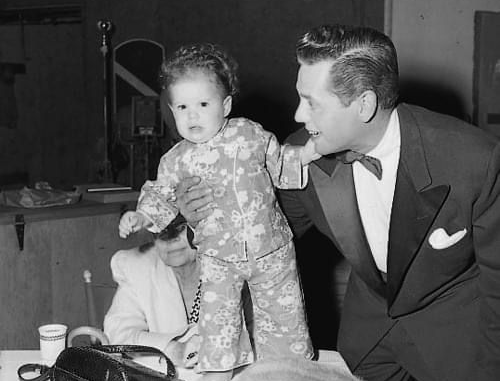
What is it about I Love Lucy that keeps audiences coming back decade after decade? Beyond the iconic grape-stomping scene, the hilarious disguises, and the unforgettable friendship between Lucy and Ethel, the show holds deeper, more enduring qualities that make it a permanent fixture in pop culture.
At its heart, I Love Lucy explored universal themes that remain relevant: ambition, love, resilience, and friendship. Lucy’s endless desire to break out of the housewife mold and achieve her dreams — often spectacularly backfiring — mirrored the aspirations of countless women seeking more out of life in postwar America. In Lucy, audiences saw not just a comedienne but a woman pushing against societal expectations.
The friendship between Lucy and Ethel (Vivian Vance) broke new ground by showcasing two women supporting and enabling each other’s wild schemes, long before shows like Sex and the City or Broad City popularized female friendships as comedic gold.
Moreover, the groundbreaking format of I Love Lucy — a three-camera setup filmed in front of a live audience — brought a vibrancy and immediacy that few shows could replicate. The laughter was real because the joy was real.
In the age of streaming, where shows come and go quickly, the fact that I Love Lucy consistently ranks among the most-watched classic television programs is a testament to its unparalleled craftsmanship. Viewers can find full seasons on services like Hulu, Amazon Prime, and Paramount+, ensuring that Lucy Ricardo’s legacy is only growing.
As society changes, the fundamental truths about dreaming big, loving deeply, and laughing through life’s chaos never change. That’s why I Love Lucy continues to matter today — not simply as a piece of nostalgia, but as a living, breathing work of comedic art that speaks to every generation.
Lucy Ricardo didn’t just want to be in the show — she became the show. And in doing so, she became immortal.
